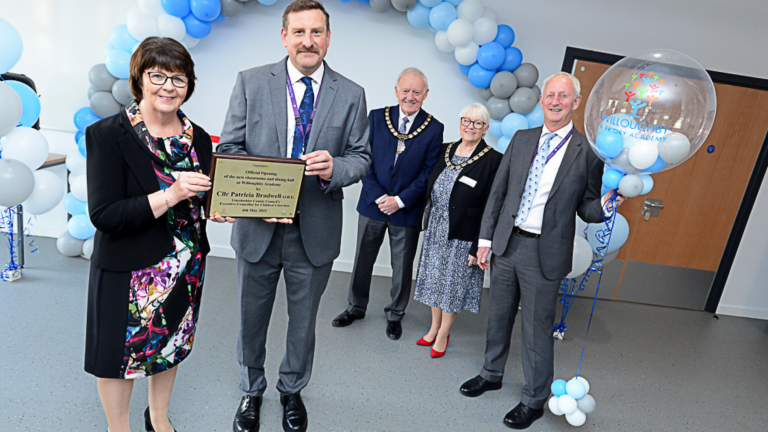Managing finances is critical in every aspect of life. From your personal finances through to those more professional, we have the utmost belief that you, the reader, are doing all that you can to keep yourself afloat.
Following a period of financial difficulty throughout the pandemic, the country faces a new bout of stressors through the likes of energy costs and fuel increases. Ultimately, the first thing you want to do when reading this sort of information is to find a way to keep your costs low or find a way to manage increasing costs.
This extends beyond your household finances, too; businesses are also feeling the impact of increased costs for services. While existing business owners might have a plan of action to weather the storm, those who are seeking to open an enterprise in the coming weeks or months might find themselves a bit more unsure.
That being said, those of you in this position who are reading this piece have found themselves in the right place at the right time. We have compiled a helpful list of suggestions below, tailored towards keeping business costs low as a budding entrepreneur. Read on for more!
Create and Manage Your Budget
It goes without saying, but when wanting to keep your business costs low, you should make an effort to stick to any relevant business budgets you have set yourself. Going above and beyond in your spending will more than likely drive up your business costs and could be detrimental in the short and long term. Creating a list of your regular outgoings versus your income will give you a better idea of your finances and provide a foundation from which to work moving forward.
However, any business owner and entrepreneur know that reductions have to be made in various areas of your company when keeping costs low. Unfortunately, this sometimes includes making redundancies within your business, which nobody enjoys. Should you be in a position where you have to make a decision like this, you are likely considering how to make the process run a bit smoother for all parties involved while also keeping your costs low. You should
check how an outplacement works, for this is a useful resource to use in instances like this. It is also a resource that can save your company money; what more do you want?
On the other hand, you should also be thinking of ways that you can improve your financial situation. Finding new avenues for generating revenue is something that most entrepreneurs do regularly but is something worth mentioning in this piece all the same. This takes us to the following section.
Generate New Forms of Revenue
This might not be the first thing you think about when intending to keep your business costs low; it is worth making a note of all the same. Generating more income for your business is a sure way to keep your business costs low and ensure that your company stays afloat for longer. Not to mention, you will have more budget to play around with and will feel confident in your ability to pay for any outgoings that your business may have.
Thinking about what niches in the market you will be able to fill is the first port of call. Making adjustments in your business to accommodate this newly offered product or service is also required; should you be offering something similar to your existing services, this is a process that should run smoothly. Who knows, you might even find new and innovative means of undertaking a task within your business, which could reduce your operating costs. Regarding reducing operating costs, this takes us to the final section in this piece.
Negotiate Costs of Production
Particularly if you are a business with a significant manufacturing and operations budget, you will likely be spending a vast majority of your budget on the running and upkeep of certain machinery. Whether you have in-house manufacturing or outsource this elsewhere, you should think about how you can negotiate any costs associated as a means of saving yourself money and bringing your business costs down.
Navigating a process like this can be challenging, and it is a skill that plenty of entrepreneurs work upon throughout their careers. Most people think of the negotiations on shows like The Apprentice when picturing a situation like this, but there are plenty more layers. It would help if you started by developing a working relationship and rapport with the person/s you intend to negotiate with. Being impersonal in your approach is sure to backfire, and you might even get a better deal with someone you have developed a working relationship with.
Negotiating contracts and costs relating to the running of your business will leave you with more funds in your back pocket while also ensuring that your company is still able to run and generate an income.



































